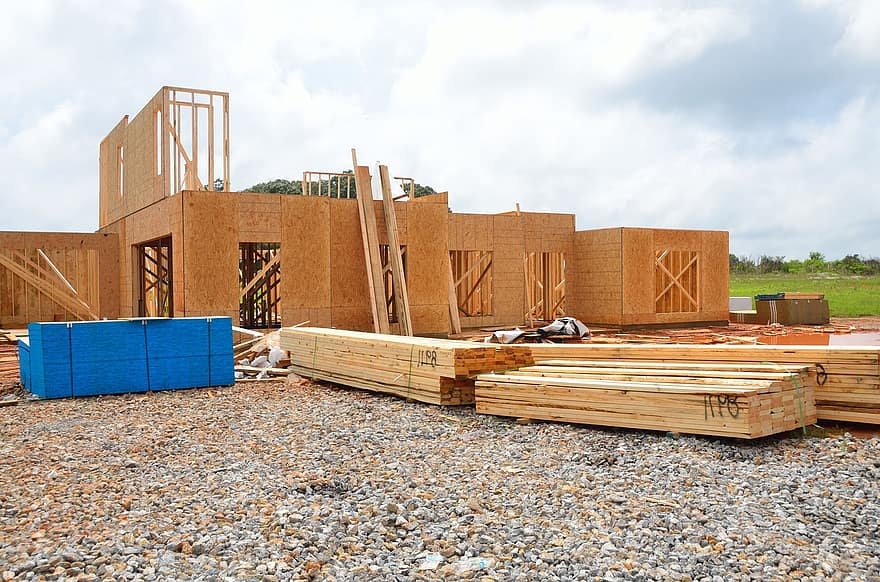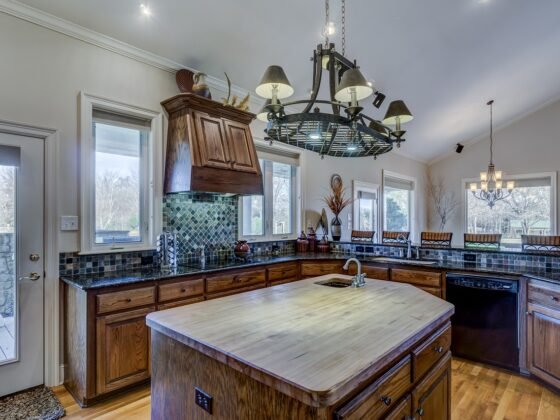Table of Contents Show
Perfection comes at a price.
If you’re considering constructing the perfect custom home for you and your family, you probably already know that these homes can be more expensive than pre-built homes.
However, this doesn’t necessarily need to be true—unless you want it to be!

The right home will be constructed to fit within your desired custom home budget. Instead of being vulnerable to the whims of sellers, smart custom home buyers control every material and building cost.
But what’s the best way to keep your budget under control? Here are five tips to get you started.
Read Also:
Analyze Your Financial Situation
Just as you would when buying a pre-existing home, analyze your finances to see how much home you can afford.
Consider your household sources of income and all of your monthly expenses to see how much money you have leftover each month to make payments.
If you are considering working with a lender, you’ll also want to think about your debt-to-income ratio and credit score.
Keeping these numbers in mind can help you settle on a budget that works best for your financial situation.
Select a General Contractor
Most custom home builders decide on blueprints and plan first before selecting a general contractor to do the work. However, it can be helpful to instead hire a contractor first to get them involved in the budgeting process.
This helps you evaluate the costs of building and materials as you go and into each design stage.
Make sure to choose a contractor based on their reputation, reviews, home building equipment, and experience, as these contractors tend to be more adept at working with a homeowner’s budget.
Don’t Forget These Often-Forgotten Custom Home Costs
If you’re working from a tight budget, the last thing you want is hidden costs surprising you—but there are several costs home builders tend to forget.
Remember to budget for the costs of land surveys, excavation, water and electric services, and all state and local taxes and permits you’ll need.
Opt for a Smaller Home With an Open Floorplan
It may seem like a no-brainer, but the bigger the custom home, the higher the price tag. Before you start planning your home, decide what you actually need and realistically can afford.
Some homeowners find success with a smaller home that has a more open floor plan.
While these might not make the best homes for families that need a lot of space, an open floor plan allows you to use every square foot creatively without feeling cramped by narrow walls or small rooms.
Don’t forget to do your research to find out more money- and space-saving tips for a new home.
Monitor Costs to Stay Within Your Custom Home Budget
It’s not enough to establish your budget and know how much you can afford. You also need to monitor the building process rigorously.
Know where the money for construction is going, keep on top of any changes in the cost of materials, and track all expenses as the home is built.
Start Budgeting Early
Getting your finances ready for the impact of custom home construction can seem intimidating.
However, as overwhelming as budgeting can be, paying close attention to every detail can help you both build your dream home and stay on top of your custom home budget.
Just start researching and budgeting early to prepare in advance!
For more insights on both custom and pre-built homes, don’t forget to check out our other blog posts.









